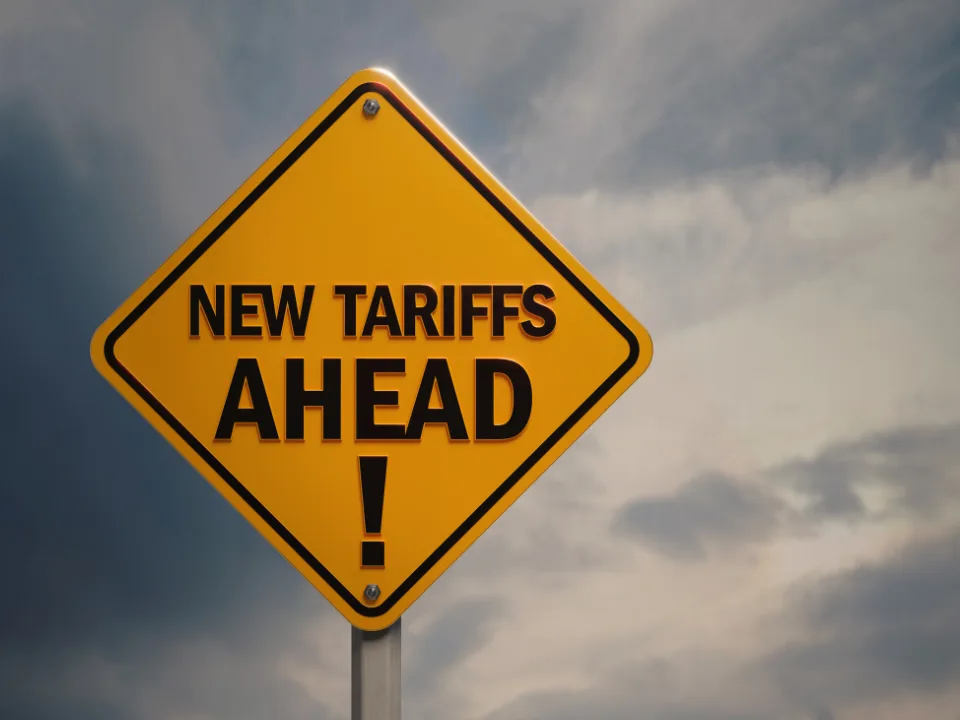- A federal judge has blocked the merger of Kroger and Albertsons, citing concerns over market concentration and antitrust violations.
- The court rejected claims that Walmart and Amazon were direct competitors in the supermarket sector and raised doubts about the proposed store divestiture plan.
- The ruling may ultimately derail the $24.6B merger, one of the largest in US supermarket history.
A U.S. District Court has blocked the $24.6B merger between supermarket giants Kroger (KR) and Albertsons (ACI), siding with the Federal Trade Commission and highlighting the potential for significant harm to competition.
This ruling halts what would have been the largest supermarket merger in US history, which was initially announced back in October 2022, as reported by CoStar.
History Was Not Made
The court’s decision, issued in a 71-page opinion, grants the FTC’s request for a preliminary injunction, preventing the merger until a full administrative hearing can occur.
The merger, combining two chains operating around 5K stores, was seen as a way to compete more effectively with larger retailers like Walmart (WMT) and Amazon (AMZN).
However, the court found that such a merger would lead to undue market concentration in the grocery sector, particularly in local markets where Kroger and Albertsons currently compete directly.
Retail analysts believe the judge’s ruling significantly reduces the likelihood of the merger being approved, period. Neil Saunders, managing director of GlobalData, stated that the merger faced strong opposition from the FTC due to the potential harm to competition in local markets.
Get Smarter about what matters in CRE
Stay ahead of trends in commercial real estate with CRE Daily – the free newsletter delivering everything you need to start your day in just 5-minutes
No More Monopolies
In its ruling, the court emphasized that the merger would substantially lessen competition in several geographic markets.
Specifically, it rejected Kroger and Albertsons’ argument that Walmart and Amazon are their main competitors in the supermarket sector, stating that the merger would substantially reduce competition in the supermarket space.
The court also expressed skepticism about the companies’ proposed solution to blunt the merger’s effects by selling 579 stores to privately owned C&S Wholesale Grocers. The judge questioned C&S’s ability to effectively run such a large-scale retail business, noting its limited experience in the supermarket sector.
Wall Street Disappointed
Both companies expressed disappointment with the decision.
Kroger argued that the merger would result in lower grocery prices and better wages for workers, and it planned to invest over $1B to reduce grocery costs. Albertsons echoed this, stressing that the merger would help lower prices and improve the shopping experience for customers.
However, the court found that the merger’s claimed efficiencies and cost savings were not adequately proven, and there was no clear evidence that consumers would benefit from the deal.
FTC Wins This One
The FTC, along with nine state attorneys general, successfully challenged the merger. FTC Bureau of Competition Director Henry Liu hailed the decision as a victory for consumers, claiming that blocking the merger would protect millions of Americans from higher grocery prices.
Liu emphasized that the merger could lead to higher costs for essential groceries, negatively affecting everyday consumers.
Looking Ahead
Following the ruling, Kroger and Albertsons are reviewing their next steps. While the companies may attempt to continue pursuing the merger through administrative hearings with the FTC, the court’s opinion signals that the deal faces an uphill battle.
Currently, the merger remains blocked, and the focus will shift to whether the companies can address the court’s concerns sufficiently to gain approval.
















